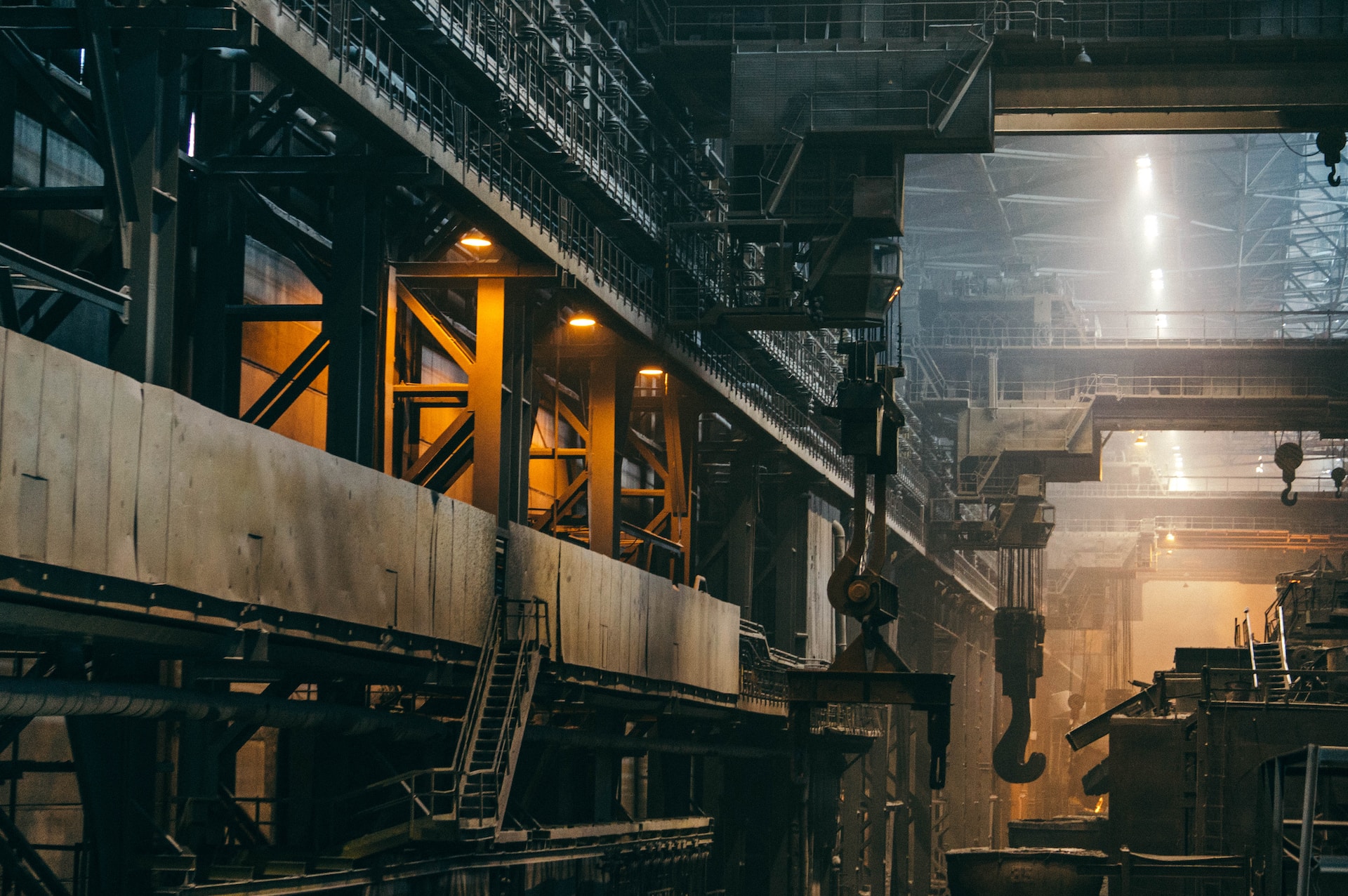
Question: What is the Difference Between an Electrician and an Industrial Electrician?
Answer: An electrician typically works on residential and commercial wiring, while an industrial electrician specializes in complex, high-power systems in industrial environments.
What is the Difference Between an Electrician and an Industrial Electrician? Understanding the Differences
In the field of electrical work, the terms ‘electrician’ and ‘industrial electrician’ are often used, but they refer to distinct professions. This blog post delves into the differences between these two roles, highlighting their unique skills, work environments, and responsibilities.
Click here for more information on industrial electricians near me
Related Article: Types of Industrial Electrical Systems
Related Article: What is Industrial Electric?
The Role of Electricians in General
Electricians are skilled tradespeople who install, maintain, and repair electrical systems. Their work is essential in ensuring that homes, businesses, and industrial facilities have safe and efficient electrical power. [ 1 ]
Basic Electricians: Scope and Responsibilities
To understand the differences, we first need to explore what a standard electrician does and the scope of their work.
Residential and Commercial Focus
Most electricians work in residential and commercial settings. They handle a range of tasks from wiring new constructions, fixing electrical problems in homes, to installing lighting and electrical systems in commercial buildings.
Training and Qualifications
Electricians generally undergo apprenticeships and must be licensed. They learn to interpret blueprints, adhere to building codes, and understand electrical theory and systems.
Industrial Electricians: A Specialized Field
Industrial electricians specialize in working in industrial settings, which introduces unique challenges and requirements compared to standard electrical work.
Working in Industrial Environments
These electricians work in environments like manufacturing plants, chemical plants, and mines. Their role often involves managing much larger electrical systems than those found in homes or standard commercial buildings.
Skills and Expertise
Industrial electricians are trained to handle high-voltage systems and complex machinery. They must understand automation systems and be familiar with industrial control theory.
Key Differences Between Electricians and Industrial Electricians
While both are electricians at their core, the key differences lie in their work environments, the complexity of systems they handle, and their specialized training.
Nature of Work
An industrial electrician’s work often involves larger-scale projects, more complex systems, and a greater focus on compliance with industrial safety standards.
Training and Certification
Industrial electricians typically require additional training and certifications that are specific to industrial equipment and safety protocols.
Challenges Faced by Industrial Electricians
The work of an industrial electrician comes with unique challenges that set it apart from standard electrical work.
High-Risk Environments
Industrial electricians often work in high-risk environments, where the potential for serious accidents is higher due to the nature of industrial machinery and systems.
Need for Specialized Knowledge
The complexity of industrial electrical systems requires a deeper understanding of specialized machinery, control systems, and industrial automation.
The Evolution of the Electrical Trade
The field of electrical work is continuously evolving, with new technologies and methods emerging. This evolution affects both standard and industrial electricians, though in different ways.
Technological Advancements
Advancements in technology, such as smart home systems and industrial automation, are reshaping the skills and knowledge required in the electrical trade.
Ongoing Education and Adaptation
Both types of electricians must continually update their knowledge and skills to stay relevant in the changing landscape of electrical work.
Conclusion: Choosing the Right Electrician for Your Needs
Understanding the differences between an electrician and an industrial electrician is crucial when seeking electrical services.
Assessing Your Electrical Needs
For home or standard commercial electrical needs, a licensed electrician is typically the right choice. For more complex industrial settings, an industrial electrician’s specialized skills are essential.
Importance of Hiring Qualified Professionals
Regardless of the setting, it’s vital to hire qualified and experienced professionals to ensure that all electrical work is safe, efficient, and compliant with relevant codes and standards.
For more information please visit this page
While both electricians and industrial electricians are trained in handling electrical systems, they specialize in different areas. Regular electricians typically focus on residential and commercial settings, whereas industrial electricians are equipped to work in large-scale industrial environments with more complex systems. Understanding these differences is key to ensuring that you choose the right professional for your specific electrical needs.
References
1. https://blog.herzing.ca/trades/domestic-industrial-commercial-electrician-what-is-the-difference